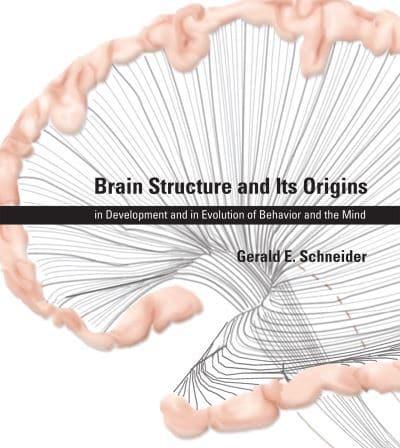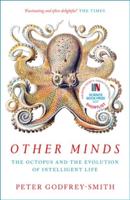Publisher's Synopsis
An introduction to the brain's anatomical organization and functions with explanations in terms of evolutionary adaptations and development.
This introduction to the structure of the central nervous system demonstrates that the best way to learn how the brain is put together is to understand something about why. It explains why the brain is put together as it is by describing basic functions and key aspects of its evolution and development. This approach makes the structure of the brain and spinal cord more comprehensible as well as more interesting and memorable. The book offers a detailed outline of the neuroanatomy of vertebrates, especially mammals, that equips students for further explorations of the field.
Gaining familiarity with neuroanatomy requires multiple exposures to the material with many incremental additions and reviews. Thus the early chapters of this book tell the story of the brain's origins in a first run-through of the entire system; this is followed by other such surveys in succeeding chapters, each from a different angle. The book proceeds from basic aspects of nerve cells and their physiology to the evolutionary beginnings of the nervous system to differentiation and development, motor and sensory systems, and the structure and function of the main parts of the brain. Along the way, it makes enlightening connections to evolutionary history and individual development. Brain Structure and Its Origins can be used for advanced undergraduate or beginning graduate classes in neuroscience, biology, psychology, and related fields, or as a reference for researchers and others who want to know more about the brain.







